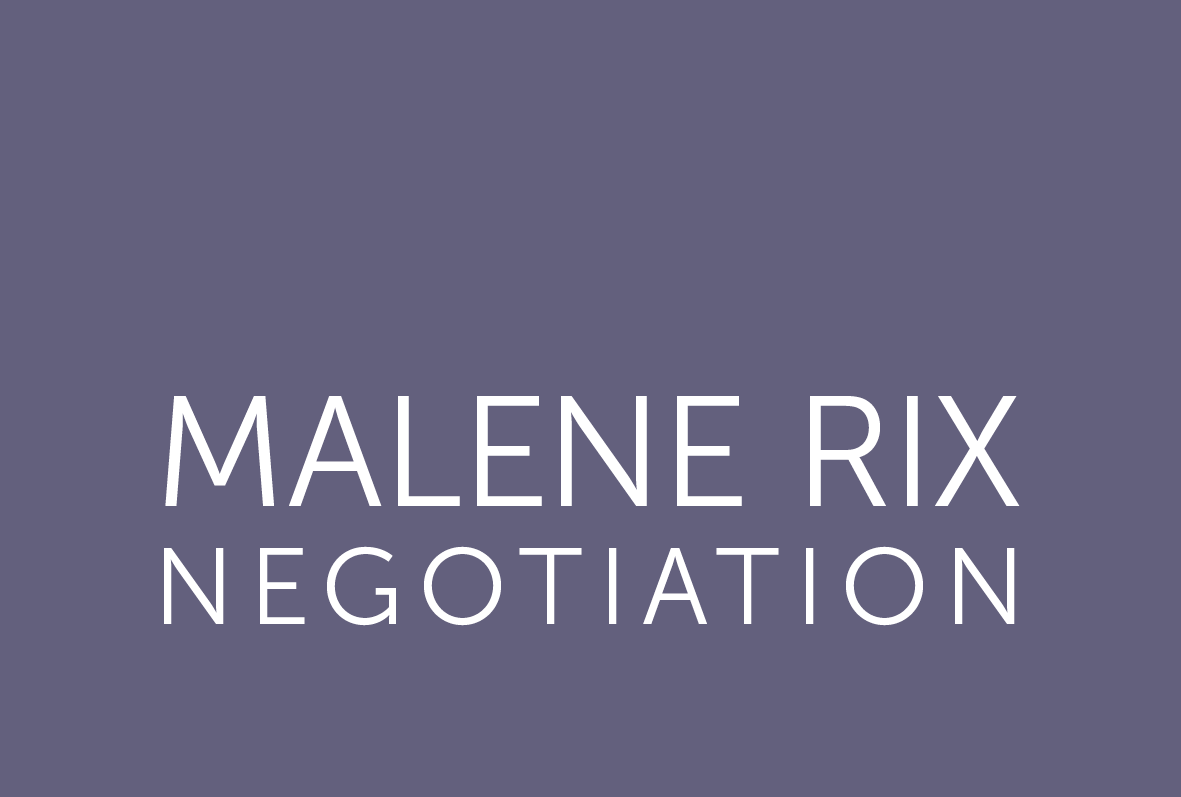19 maj Time to Talk – seizing the opportunity to negotiate a better deal for yourself
Time to Talk
– Seizing the opportunity to negotiate a better deal for yourself
Listen to the blog
 “Is now a good time to negotiate your salary?” a journalist asked me recently. She was writing an article on how the current situation on the job market with many industries experiencing difficulties recruiting, might just present a golden opportunity for increasing your wages. At the same time, a general tendency to re-evaluate our post-Covid working lives have given many an unprecedented boost of confidence to try to change what isn’t working any longer. So yes, this is a good time to negotiate your salary and all the other aspects of your work life that need improving.
“Is now a good time to negotiate your salary?” a journalist asked me recently. She was writing an article on how the current situation on the job market with many industries experiencing difficulties recruiting, might just present a golden opportunity for increasing your wages. At the same time, a general tendency to re-evaluate our post-Covid working lives have given many an unprecedented boost of confidence to try to change what isn’t working any longer. So yes, this is a good time to negotiate your salary and all the other aspects of your work life that need improving.
Power to the people
 The first thing that comes to mind when we think of the current job-market, where many of those selling their services are in high demand, is the sentence; “If you don’t give me a pay rise, then I’ll just go somewhere else”. Instinctively, some may feel that the high demand for our services lends power to our negotiations and consequently when executives appeal for employees to be ‘realistic’ and show responsibility, it simply won’t affect us in the same way. Although it is true, that now is the time for businesses to seriously consider whether they can afford to underpay their staff, the current situation calls for a much wider use of the new power balance. Using the supply-demand balance to threaten an employer with resigning over insufficient pay could back-fire simply because it would be perceived as a threat, which might make the boss act defensively. But also only using the new power balance to get more pay would be ignoring the many opportunities for negotiating real change and improvement in all aspects of your working life.
The first thing that comes to mind when we think of the current job-market, where many of those selling their services are in high demand, is the sentence; “If you don’t give me a pay rise, then I’ll just go somewhere else”. Instinctively, some may feel that the high demand for our services lends power to our negotiations and consequently when executives appeal for employees to be ‘realistic’ and show responsibility, it simply won’t affect us in the same way. Although it is true, that now is the time for businesses to seriously consider whether they can afford to underpay their staff, the current situation calls for a much wider use of the new power balance. Using the supply-demand balance to threaten an employer with resigning over insufficient pay could back-fire simply because it would be perceived as a threat, which might make the boss act defensively. But also only using the new power balance to get more pay would be ignoring the many opportunities for negotiating real change and improvement in all aspects of your working life.
Under pressure
Lila works as a sales manager for a large, global retail company. For a number of years, she and her small team have been successful in getting some major clients aboard, and she has been confident that their efforts were duly noted. One of her contacts in top management even pulled her aside once and said, that if she ever considered leaving the company, that she contact her first, because she was simply too valuable to lose. She was eventually offered a promotion, but Lila was disappointed to learn, that the promotion consisted mainly in her getting many more staff, a new title but basically the same salary and the same targets for her sale. “If I’m to manage that many staff, I just know that this will mean selling much less and my bonuses would disappear. I might even end up earning less than I do now!”. The company let her know that this was a definite step up, but Lila felt that all that was going up was the pressure on her time and attention. Her demands for a better deal were brushed aside as unrealistic, so she was deeply frustrated.
Attractive alternatives
 Lila’s plan B landed on her desk one afternoon, when an old colleague called to invite her for a coffee and a chat about her career plans. The colleague worked in a smaller but rather prestigious company, and they were looking for talent. A week later, she had a concrete and detailed proposal from the other company in her inbox, and it completely matched all the things she had told her friend that she wished for in her working life. The conversation had been about all aspects of her work life, including flexible working conditions that would enable her to start a family at some point. “So,” she said with a crooked smile “should I tell my current boss that I have another offer?” Instead of using this offer to make her boss accept her proposal for how her new deal should be, she let the knowledge of her alternative become an ‘invisible hand in the back’ when pushing for a better deal in negotiations with her company. She simply asked for exactly what was in the competing offer, confident in the knowledge that this was not an unreasonable demand, and that others thought she was worth it. “I have nothing to lose, because this alternative is actually very attractive. However I do love my company and would really like to stay, so I’ll see if they are prepared to fight for me!”
Lila’s plan B landed on her desk one afternoon, when an old colleague called to invite her for a coffee and a chat about her career plans. The colleague worked in a smaller but rather prestigious company, and they were looking for talent. A week later, she had a concrete and detailed proposal from the other company in her inbox, and it completely matched all the things she had told her friend that she wished for in her working life. The conversation had been about all aspects of her work life, including flexible working conditions that would enable her to start a family at some point. “So,” she said with a crooked smile “should I tell my current boss that I have another offer?” Instead of using this offer to make her boss accept her proposal for how her new deal should be, she let the knowledge of her alternative become an ‘invisible hand in the back’ when pushing for a better deal in negotiations with her company. She simply asked for exactly what was in the competing offer, confident in the knowledge that this was not an unreasonable demand, and that others thought she was worth it. “I have nothing to lose, because this alternative is actually very attractive. However I do love my company and would really like to stay, so I’ll see if they are prepared to fight for me!”
Unafraid
 When we know we have options, we become stronger negotiators on our own behalf. Simply being able to see more paths forward will make us more robust in our demands and more willing to take a risk. This was also what Lila came to realise. Pushing for a better deal that included all she wished for was easier now that she no longer feared the ‘no’, and this is probably how many of us feel right now: there are alternatives and we are not necessarily stuck with what we have. This knowledge can make it easier to project that you mean what you say, when you make your demand for an improvement. You don’t actually need to say: “I could always go somewhere else, so….” Instead of using your leverage to threaten your way to an agreement, use it to boost your firmness about what is important to you, and the more things you bring to the table, the easier the negotiation.
When we know we have options, we become stronger negotiators on our own behalf. Simply being able to see more paths forward will make us more robust in our demands and more willing to take a risk. This was also what Lila came to realise. Pushing for a better deal that included all she wished for was easier now that she no longer feared the ‘no’, and this is probably how many of us feel right now: there are alternatives and we are not necessarily stuck with what we have. This knowledge can make it easier to project that you mean what you say, when you make your demand for an improvement. You don’t actually need to say: “I could always go somewhere else, so….” Instead of using your leverage to threaten your way to an agreement, use it to boost your firmness about what is important to you, and the more things you bring to the table, the easier the negotiation.
Go ahead – negotiate!
A much better starting point for workplace-negotiations because of supply and demand issues, combined with the increased attention to new possible ways of organizing work and careers does indeed make this a great time to negotiate. Make use of this opportunity not simply as a lever to force an employer to give you what you want, or else… but as a confidence booster that can be used to propel you into a more detailed, many-faceted talk with your boss about how you work, with whom and with what purpose, in order to negotiate a better deal for yourself.

